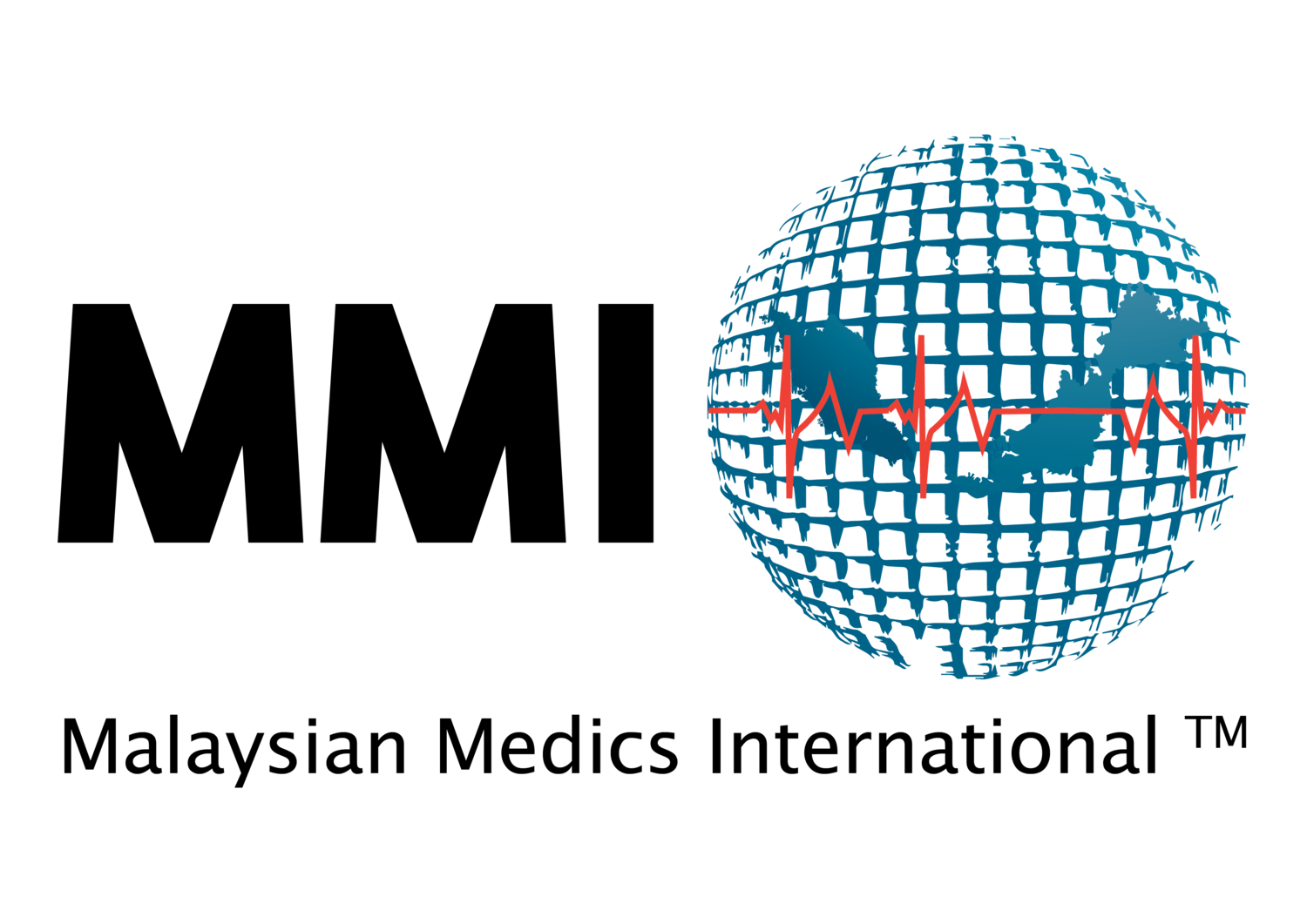“Every day will be a brand new day, so don’t keep the negatives overnight and ruin your tomorrow.”
Humans of Medicine #42
This publication is in conjunction with the upcoming initiative by MMI on contract doctors in Malaysia. Further information can be found at @mmi_social on Instagram.
Most people think that the healthcare workplace is full of violence cases, especially bullying. Actually those violence cases have existed since the past. The percentage is almost the same, however as the population increases, the cases seem to be increasing. For example, the percentage of violence cases is 10%. 10 years ago, there were only 10 doctors, so there will be only one doctor getting abused. But 10 years later, the number of doctors increased to 1000, so there will be 100 victims. It's all mathematics, and I believe the violence acts are a minority. Numbers are getting larger and the emergence of technology enables the new generations to voice out their unfortunate experiences. Hence, the healthcare workplace seems to be more vulnerable to us - the healthcare workers.
Cyberbullying may exist among colleagues, but I think it is more common with anonymous netizens. Sometimes social media can be useful if you want to spread awareness about certain issues, however, it can be misleading as well. There is too much online news which you can’t really identify which is real and which is fake. Everyone has their own interpretations and this is why dealing with social media is more complicated.
I had a friend who posted some random grumbles about his jobs online. Later, a snowball effect of disagreements occurred. He never thought that his post could get viral within a short period and harsh comments overflowed his social account. Eventually, he became a victim of cyberbullying. Nowadays, you never know when you might be the next victim of cyberbullying as the internet makes things reachable by all communities. You can post things online, but I think it is better to keep your social profile as neutral as possible to prevent misunderstandings.
As long as I was working in Sabah for almost 9 years, I never came across any violence cases, but I did witness a lot of teasing. Every job has its own downsides, and I believe there will be many scoldings in every career to correct your mistakes, but when it comes to dealing with lives, undoubtedly, it will get more stressful. In the medical setting, every level has its own anxiety and problems, from the staff nurse to the houseman and medical officer till the consultant, no one is exceptional.
Learn to choose and accept comments which are constructive and beneficial while leaving those destructive criticisms behind your back. Avoid bringing emotions from your workplace back to home, especially after witnessing deaths, or else you will get exhausted very easily. Always remember to compartmentalise between your work and your life. Work hard during working and play hard after work. Everyday will be a brand new day, so don’t keep the negatives overnight and ruin your tomorrow. If there is something that is bothering you, try to deal with it. If you can’t settle yourself, try to seek help from your coordinator or supervisor. Don’t hesitate to voice up when your rights are being violated, and please don’t be ashamed to ask for help.
Dr. Timothy Cheng is an orthopedic surgeon in Duchess of Kent Sandakan Hospital, Sabah as well as the MMA SCHOMOS Secretary. Underlying his outspoken advocacy to address the issues in the Malaysian healthcare system is a strong love for this country.
Interviewed and written by Michelle Leong.
Michelle is a 3rd year medical student at the National Defence University of Malaysia.
She’s not a sports person but she loves challenging herself by ending her university life in an army camp. She prefers holding a pen than a rifle because weapons are way too heavy for her.
Consent has been obtained from the interviewee for the purpose of this publication. The author has rewritten the article with permission from the interviewee.
Humans of Medicine is a new initiative under MMI. We tell inspiring stories behind portrait shots of our everyday unsung heroes. Curated by Malaysian medical students from home and abroad.
If you have a story you would like to share, please reach out to us at admin@malaysianmedics.org.


